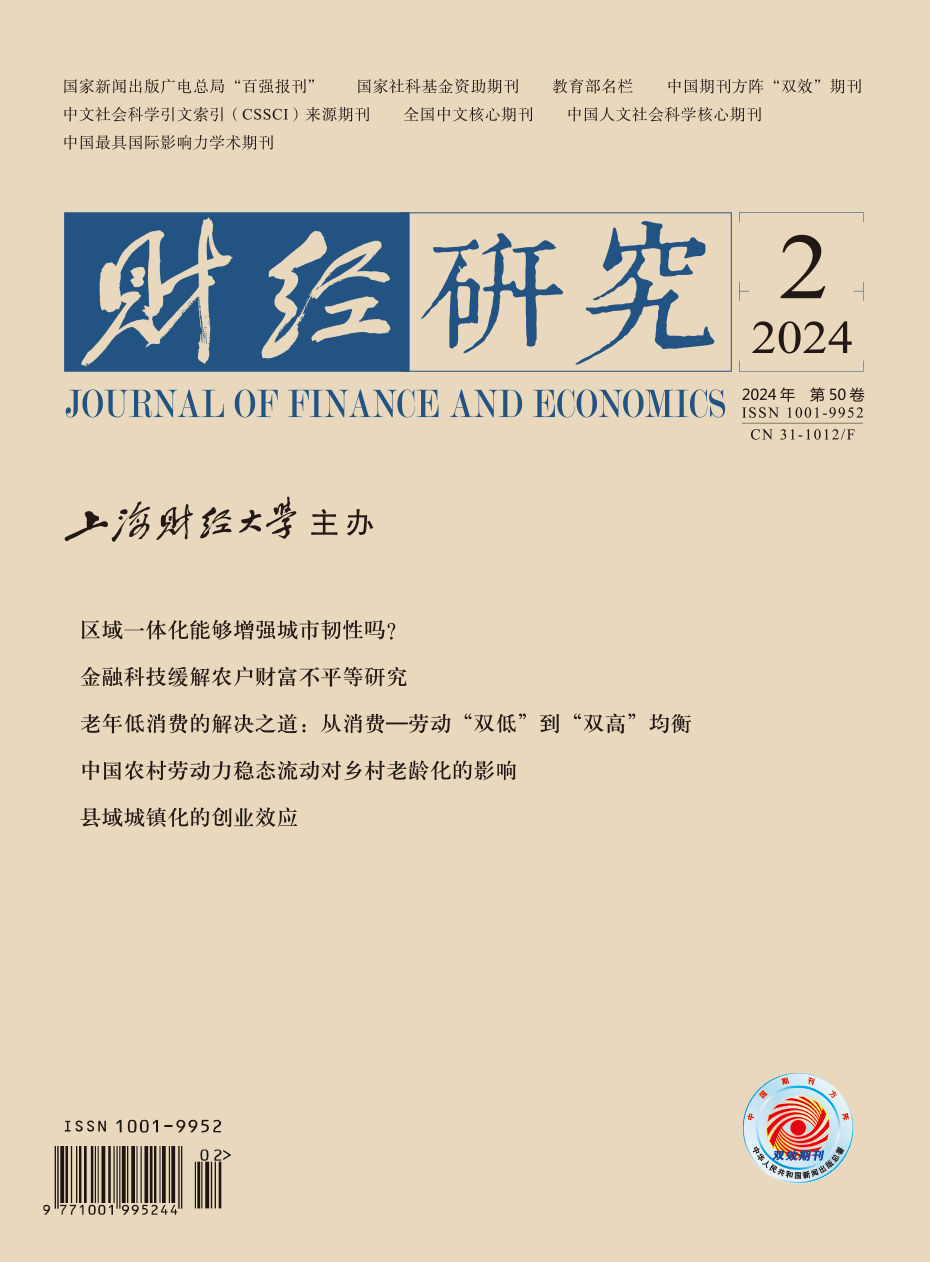Fintech, as a technology-driven financial innovation, serves as a crucial engine for deepening the structural reform of the financial supply side and enhancing the capacity of financial services for the real economy. Relying on China’s extensive experience in the long-term reform and opening up, regulatory authorities often create a favorable environment for the innovative transformation of new financial models through a “pilot and fault-tolerance” approach. This provides robust theoretical support and inspirations for the exploration of a series of issues triggered by the interplay between “Fintech” and “capital allocation efficiency”.
Taking A-share listed companies in Shanghai and Shenzhen from 2016 to 2021 as the sample, this paper examines the impact of Fintech on firms’ excess bank loans. The results reveal that Fintech can induce excess bank loans. The intensification of competition in the financial industry due to Fintech exacerbates banks’ tendency to over-lend, leading to firms obtaining excess bank loans. In terms of the flow of credit funds, Fintech indeed enables less profitable and financially distressed firms to secure excess bank loans. In firms with severe conflicts of interest between shareholders and creditors or significant managerial opportunism, the impact of Fintech on firms’ excess bank loans is more pronounced. Economic consequence analysis indicates that Fintech-induced excess bank loans elevate the risk of corporate debt default.
This paper takes excess bank loans by firms as its entry point, extending the economic consequences of Fintech to the micro level of firms and enriching the existing literature on Fintech. Meanwhile, it effectively solves the endogeneity problems in existing Fintech research by leveraging the exogenous impact of pilot policies for Fintech applications, providing useful references for subsequent research on the economic consequences of Fintech. This paper provides empirical evidence and policy implications for preventing financial risks. On the one hand, government authorities should strengthen the construction of financial infrastructure and improve the level of macro prudential supervision, so as to prevent financial risks that may be caused by Fintech. On the other hand, financial institutions should strengthen the credit supervision on firms with severe shareholder-creditor agency conflicts and managerial opportunism, so as to prevent insiders from seeking personal gains through the convenience brought by Fintech for corporate financing.





 4951
4951  4751
4751

